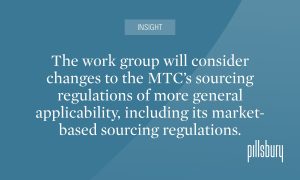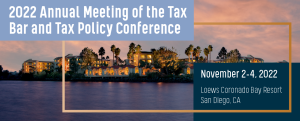The American Catalog Mailers Association (ACMA), which describes itself as the nation’s leading industry trade association advocating for catalog, online, direct mail, and other remote-selling merchants and their suppliers, has filed suit against the California Franchise Tax Board (FTB) in the San Francisco County Superior Court of California.

ACMA’s complaint seeks a judicial declaration that the FTB’s 2022 publicly-issued guidance related to Public Law 86-272 (PL 86-272) – specifically, Technical Advice Memorandum (TAM) 2022-01 and FTB Publication 1050 – are invalid because (1) they contradict PL 86-272 and the U.S. Constitution; and (2) the FTB did not properly follow the California Administrative Procedure Act’s required rulemaking process before publishing such guidance. In the alternative, ACMA seeks a judicial declaration that the FTB’s new guidance applies on a prospective basis only. ACMA also seeks attorney’s fees and costs of suit for bringing the action to enforce an important right affecting the public interest.
Continue Reading ›

 SeeSALT Blog
SeeSALT Blog







 The legislation modifies the corporate income tax in three ways: (1) adopts a bright-line economic nexus standard; (2) adopts market sourcing for receipts from intangibles; and (3) reduces the corporate tax rate and gradually continues to reduce the rate over the next eight years.
The legislation modifies the corporate income tax in three ways: (1) adopts a bright-line economic nexus standard; (2) adopts market sourcing for receipts from intangibles; and (3) reduces the corporate tax rate and gradually continues to reduce the rate over the next eight years. 